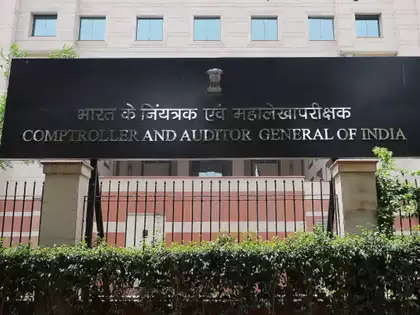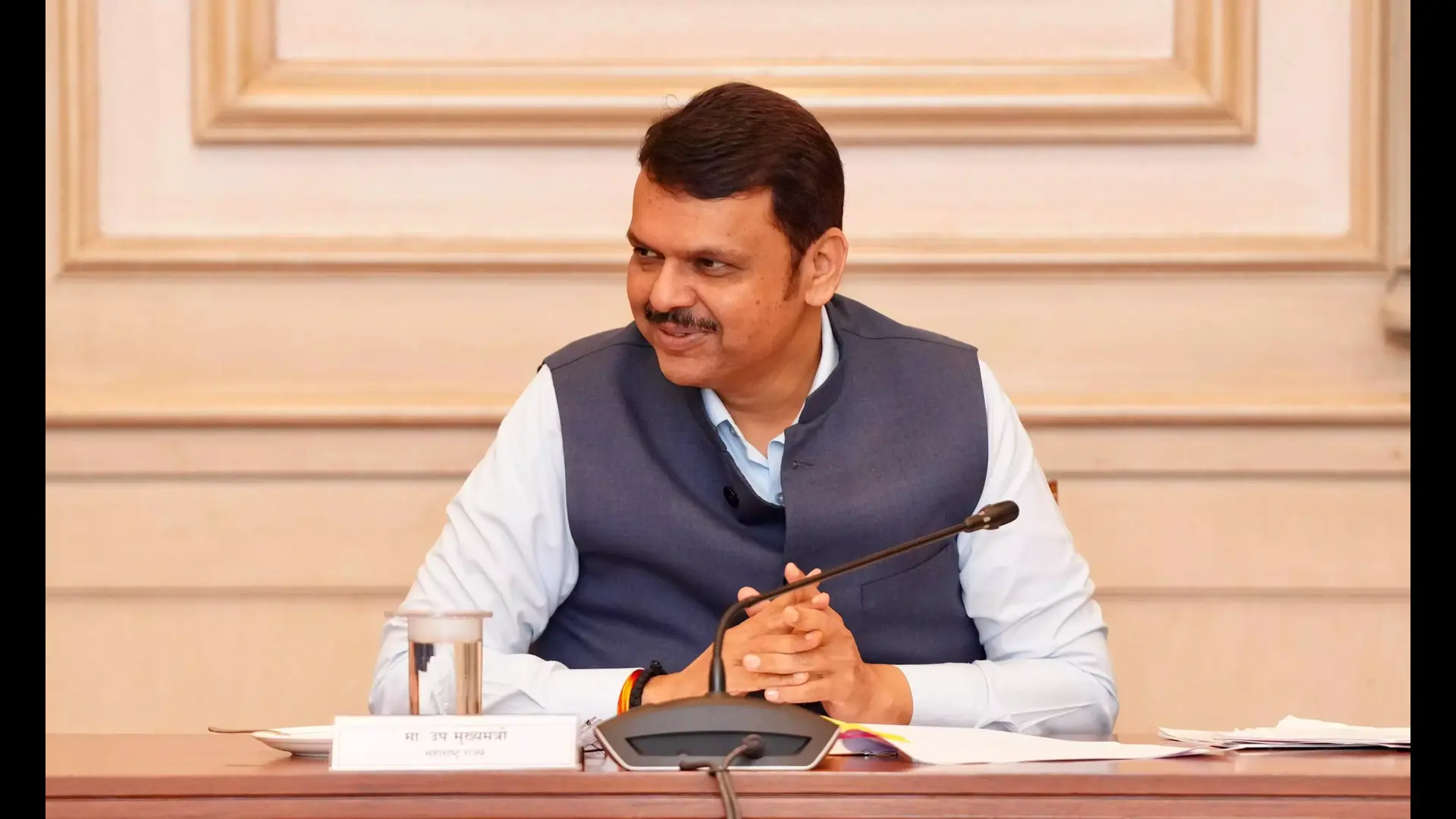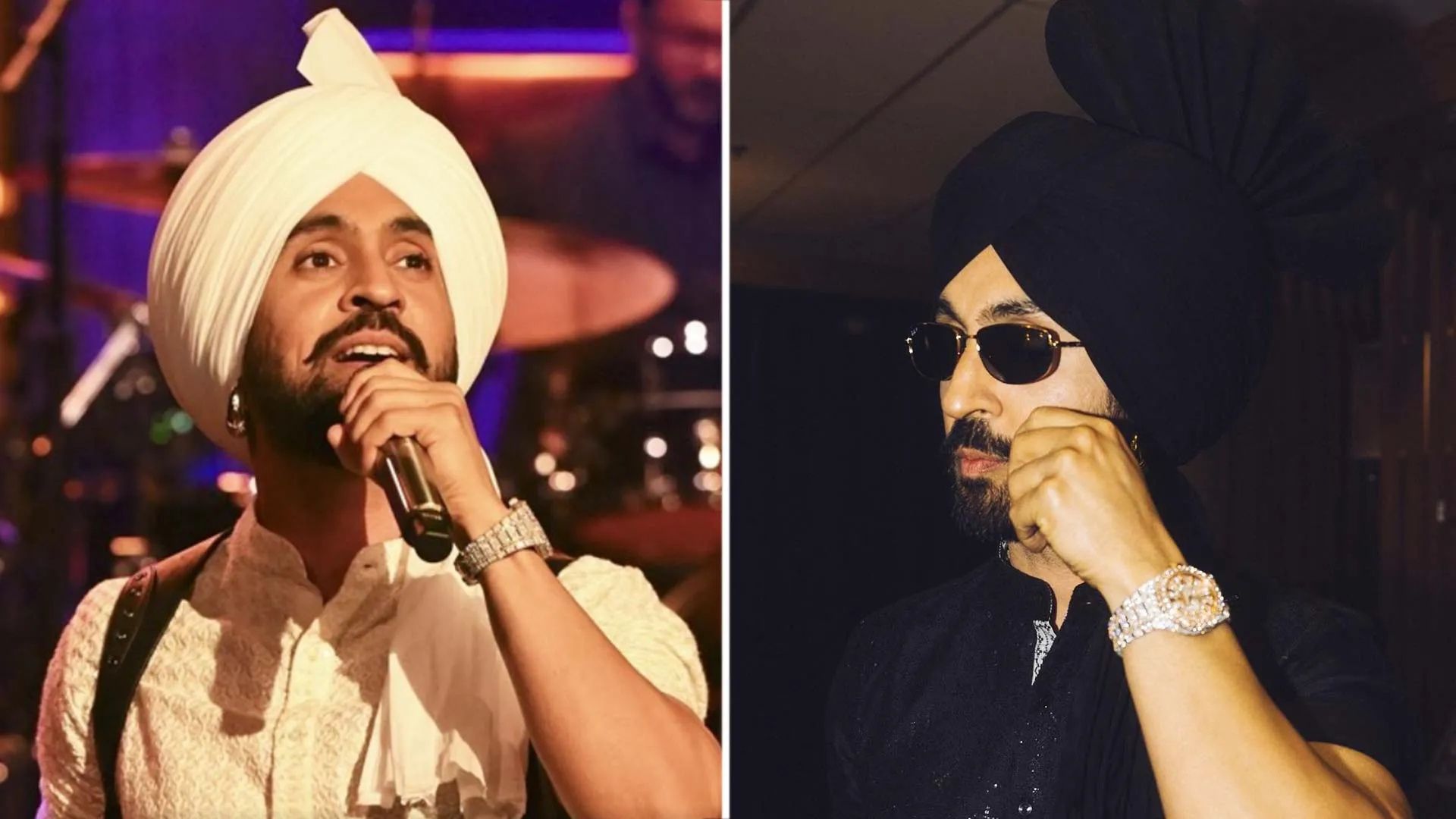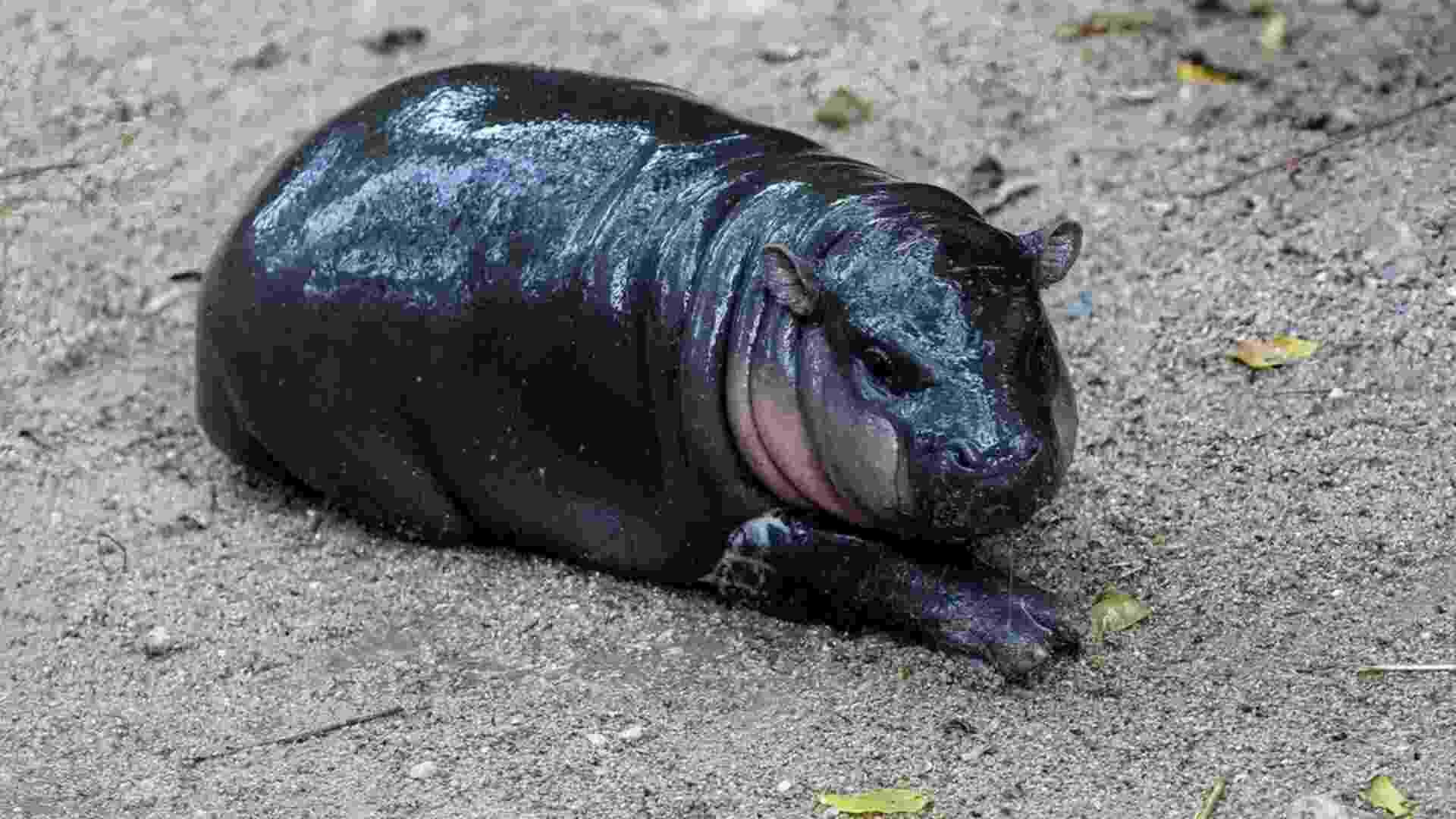
During 1983-84, in the library of the then Indian Audit & Accounts Service (IA&AS) Staff College, Shimla, I found Basil Chubb in his book, The Control of Public Expenditure, (I am roaming around a forty year old memory and hope it serves me right) describing Auditor General as ‘a lone wolf’: the stress being on Auditor General’s aloofness in discharging his duties without favours or fears. His sense of detachment makes his thoughts/perceptions crystal clear and his decisions unbiased.
Observation by media serves an important function: it gives a point of view and makes those at the top aware of things, sometimes intentionally sequestered. Ultimately it helps in enhancing vision for future and contemplating corrective action. While reflecting on media coverage of the organization of Comptroller & Auditor General of India during last several years, two themes, amongst others, crop up. First one has been voiced time and again, inter alia, by retired IA&AS officers some of whom, might have been aspirants for the post of CAG. It is appointment of IAS officers as CAG and the alleged ‘conflict of interest’ it entails. Second is human resource management. Let me dwell upon these.
‘Conflict of interest’ can be split into two: external conflict of interest and internal conflict of interest. While opposition to appointment of IAS officers as CAG has stemmed from ‘external’ form of conflict of interest, internal conflict of interest, in an organization, shapes up as some insiders surreptitiously cater to their personal agenda. It leads to situations of conflict of interest jeopardizing avowed objectives of organization. Here the issue of human resource management surfaces. First, external conflict of interest.
Going by the past, two three senior most officers at the time a new CAG was to be appointed, used to evince aspirations for the post of CAG. The weapon of ‘conflict of interest’ was used which allegedly, engulfed CAGs from IAS. The time a CAG has to demit office, given his tenure of say four or five or six years subject to the ceiling age of sixty five years, paves the way for senior officers’ aspirations for the post of CAG.
After late A. Baksi, CAG (1972-1978), no IA&AS officer could establish her/his claim for the post of CAG. Should it not stir a thought as to the possible reasons for this? While assembling a few, I look inward rather than hinging on oft-repeated argument: proximity of IAS officers to PMO. I am afraid I don’t subscribe to it.
One reason can be the very nature and character of IA&AS as a service. Every service is meant to inculcate certain attributes and properties in its members through initial training/further grooming by seniors and experience gained by them in due course. The knowledge so acquired relates predominantly to audit and accounts enabling them hold senior positions within the organization. This is what the service is intended for. The vision, decision making ability etc that evolve as officers evolve are restricted to audit/accounts.
An analogy. Professor A. K. Sen goes beyond economics, tilting towards ethics, philosophy and human psychology to understand and explain economics better. Likewise for one to be a CAG, one has to go much beyond audit and accounts: one has to have a more vibrant personality; a holistic mind that can look beyond the contours knowledge of audit and accounts set. A CAG from IAS meets this criterion. This may be a judicious reason because of which CAG’s post has been an ‘ex-cadre post’. CAG need not be a wizard of audit and accounts. I don’t hold a brief for IAS but the obvious ought to be accepted. CAG is a constitutional authority. Successive governments have placed an outsider as CAG. It has one more added advantage which constitutes second reason.
An outsider CAG, acts like an anodyne. He brings freshness; newness of experiences, skills and vigour, a well-groomed one, having worked under different regimes of political leaderships, and having confronted different forms of problems in various walks of public life. They are intricate part of policy making and problem solving process. These qualities make I A S officers, an equilibrating factor, that considerably mitigates the scope of what experimental psychologists call ‘functional-fixedness’: a sure way to pep up innovative thinking/working. CAG blends his experiences with the ones obtaining within the organization. In this initial rendezvous, the role of senior IA&AS officers, as a collective whole, assumes huge significance. I can best summarise it in Hermann Hesse words, picked up from Andrey Tarkovsky’s The Diaries titled TIME WITHIN TIME, ‘Every man is not only himself, he is also the unique, particular, always significant and remarkable point where the phenomena of the world intersect once and for all and never again.’ A really aha moment.
An illustration to frame third reason. If in an organization, a freshly recruited person knows at the very beginning of career that s/he would be occupying, at the pinnacle of her/his career an ‘important position’ wielding control over human and financial resources, several times, it can have serious ramifications. By the time, that cherished ‘position’ is reached, a few will be a hotbed of prejudices, strong likes, dislikes, and prejudged notions etc. An outsider CAG is devoid of these. He begins with a tabula rasa: his greatest strength. A strong reason why a CAG should be from outside.
Pragmatically speaking, there is an inherent contradiction embedded in conflict of interest theory in question. Does a person’s going on central deputation to some ministries and later on overseeing the audit of those ministries not involve conflict of interest? Similarly, has even a single case of conflict of interest ever been signalled? If not, then ‘conflict of interest’ is a misnomer. The fact remains that such issues were raised before higher judiciary but to no avail.
VMemory detours as I touch human resource management, albeit in passing. Late A. Baksi and late T.N.Chaturvedi, former CAGs being astute administrators were known for their impervious nature and for doing what they thought was the best, particularly in human resource management field. Both fitted in Basil Chubb’s description of Auditor General as a ‘lone wolf’. They applied their aloofness equally to the world within the organization they headed as the world outside. A CAG who does what he thinks is the best is always revered.
Before I finish, a pertinent question needs to be probed. Silence of the Comptroller and Auditor General (Duties, Powers and Conditions of Service) Act, 1971, on qualifications for the post, raises this question. Why the post of CAG should go to civil servants only? Look at previous incumbents of following posts: Governor of RBI; Election Commission of India, Lieutenant Governors, UPSC, and the ilk. Both civil servants and non-civil servants did hold these posts. It is time to expand and diversify consideration zone to include non-civil servants. The unvisited territory has enormous potential. Luminaries with intrinsically proven intellectual credentials and public profile: an economist, a social analyst, a media person, a lawyer, an academic, a scientist, an author and even a political figure. A plethora of best brains nestle in this multifaceted group. People who think and reflect deeply on issues and concerns of national importance, once assigned the post of CAG, will integrate their vast experience from non-civil service fields with the constitutional responsibilities of CAG which will have a pioneering contribution to good governance. The hour has struck for this de novo movement.
K.K. Srivastava is a former Additional Deputy CAG, a poet, writer and columnist. He is a member of Institutional Ethics Committee on research in Institute of Human Behaviour and Allied Sciences (IHBAS), Government of NCT of Delhi. These are his personal views.














